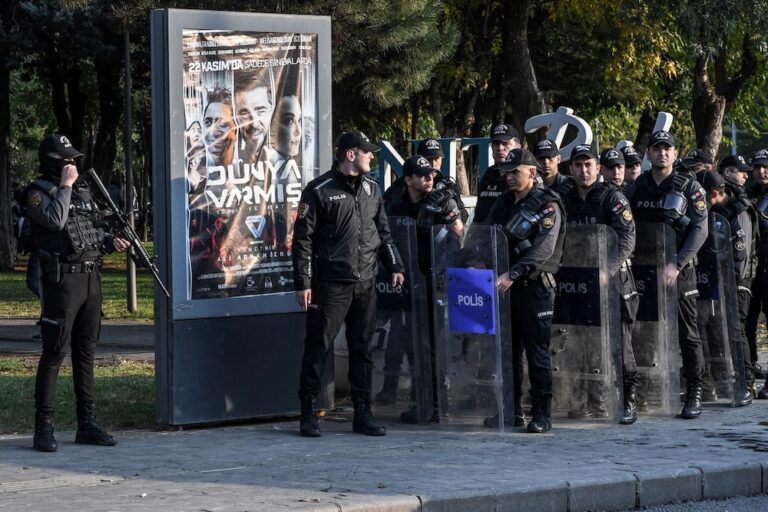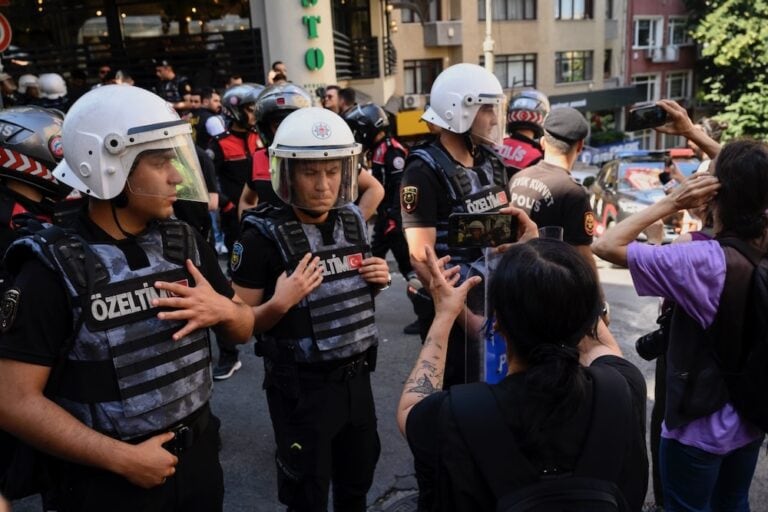(BIANET/IFEX) – Gün TV, a local station in Diyarbakir, southeastern Turkey, is the only channel to have broadcast Kurdish programmes for the past year and a half. However, the channel, which is legally allowed to broadcast four hours a week in Kurdish, has faced many difficulties, both over its news and music programmes. Gün Radio-TV […]
(BIANET/IFEX) – Gün TV, a local station in Diyarbakir, southeastern Turkey, is the only channel to have broadcast Kurdish programmes for the past year and a half. However, the channel, which is legally allowed to broadcast four hours a week in Kurdish, has faced many difficulties, both over its news and music programmes.
Gün Radio-TV representative Ahmet Birsin says that, because they are obliged to translate all programming into Turkish as well, they have to organise dubbing, translation and editing services. Because they have no simultaneous translation facilities, they cannot have live broadcasts. The channel has broadcast a twelve-part programme on handicrafts and an EU-supported programme on “conscious farming”. Birsin said that the latter allowed farmers to discuss agricultural problems in their own language and was very popular.
Birsin regretted the fact that the regulations on non-Turkish broadcasts forbid content targeting children, which meant that the production of programmes related to health problems were severely restricted.
Birsin also reported that Gün Radio, part of the same group, has been taken to court for a song entitled “Mesopotamia”, which was played by the station on 9 November 2006. Based on the translation and report of the police department, the radio station’s former executive editor, Cemal Dogan, faces trial under Article 216 of the Penal Code for “inciting public hatred and hostility or denigration”.
Diyarbakir Public Prosecutor Turan Güzeloglu said in his indictment of 28 February 2007 that the song said, “Who said that you have no owner; here we have come, Lice, we have come, Emperor, Shah Kurdistan”, and “With wounds and blood, with guns and stars, with religion and belief”. Birsin said, “We ask ourselves whether we face these situations because we broadcast in Kurdish”.


